今回は「〜を解決する」の意味をもつsolve, resolveです。
高齢者の降圧剤の効果を調べた2008年のHYVET studyで下記のような表現を認めました。
In the main HYVET study, we aimed to resolve persistent areas of clinical uncertainty about the relative benefits and risks of antihypertensive treatment in patients 80 years of age or older.
N Engl J Med. 2008;358:1887-98
医学系の論文ではどちらかというとこのresolveを見るの方が多いと思うのですが、solveとの違いはなんでしょうか。調べてみました。
単語の意味と共起表現
まず単語の意味と使われやすい共起表現を見ていきます。
・solve
to find an answer to a problem
これは単純に問題に応える、解決策を出すという意味ですね。事件・問題・パズルなど比較的明確な解答がある印象のものに使われます。共起表現としてみられる目的語としてproblem, puzzle, crime, challengeなどが並びます。
また修飾する副詞に関してもnumerically, analytically, correctlyなど明確な答えが得られそうな修飾語句が目立ちます。
・resolve
to solve or end a problem or difficulty
ここだけ見るとほとんどsolveと同じに見えますが、”end”というところで単純に「問題を解く」というよりはっきりした解答ではなくても、「解決策がなくてもなんとか問題を終わりに向かわせる」方向で使うことができることが感じとられます。
例えば、口論や論争などを終わらせる、解決するという意味ではこちらを使います。共起表現として使われる目的語ではもちろんproblemもありますが、dispute, conflict, disagreement, controversyなどが並びます。
修飾しやすい副詞についてもpeacefully, amicably(友好的に)という単語が並ぶのもsolveとは違って「口論や論争を解決する」という特徴があるが故でしょう。
例で後述しますが“end a problem”という意味合いから医学論文では「症状が改善した」という例でも良く使われます。ここに関しては以前にも記事を書きました。
また、それ以外になんらか方向性を決定していくという意味で「決定する」という意味でも使われます。
to make a decision formally or with determination
医学論文ではあまりみないかもしれません。
こちらのページが一般的な「解決する」という動詞についての説明が参考になります。
(Cambridge Dictionary | English Dictionary, Translations & Thesaurus 単語の原義はこちらから引用)
(共起表現はこちらを参考にしています SKELL)
(勉強の方法はこちらの本を参照 https://nounai-中級者から上級者になれる着実な英語の勉強法『英語独習法』レビューl)
医学論文を含めた用例
To solve this educational challenge, we propose a longitudinal curriculum that incorporates the “core + clusters” framework
“A novel longitudinal framework aimed at improving the teaching of the neurologic examination” Neurology. 2019 Dec 10;93(24):1046-1055.
「この教育に関する難題を解くためには〜」という形で、後半の文章で提案される「具体的な解決策」がある前提で話が進められているため”solve“が使われています。
New scales developed with the traditional methods will not solve the existing difficulties associated with range and detail, ordinal scale scores, and cross-instrument comparability.
“Activities of daily living instruments:optimizing scales for neurologic assessments” Neurology. 2003 Mar 11;60(5):738-42.
こちらは既存の問題を解決できない、という文脈で使われています。こちらも具体的な解決策を想定した上で使われています。「答えは明確でないが議論などで練り上げて解決する」ではなく、「解決可能な問題に対して具体的な解決策を持って解決する」という形ですね。
While new technologies sensitive to both upper and lower motor neuron involvement may ultimately resolve controversies in the diagnosis of PLS,
“Primary lateral sclerosis: consensus diagnostic criteria” J Neurol Neurosurg Psychiatry. 2020 Apr;91(4):373-377.
こちらはPLS(Primary Lateral Sclerosis)の診断に関して「上位下位運動ニューロンの異常をきちんと識別するのが難しい」という論争を新しいテクノロジーがあれば解決できるかもしれない、という話です。controversyという目的語に対してはresolveがピッタリきます。
Characteristic radiographic findings include bilateral regions of subcortical vasogenic oedema that resolve within days or weeks.
“Posterior reversible encephalopathy syndrome: clinical and radiological manifestations, pathophysiology, and outstanding questions” Lancet Neurology. 2015 Sep;14(9):914-925.
こちらは症状が自然寛解するという意味合いで用いられていますね。

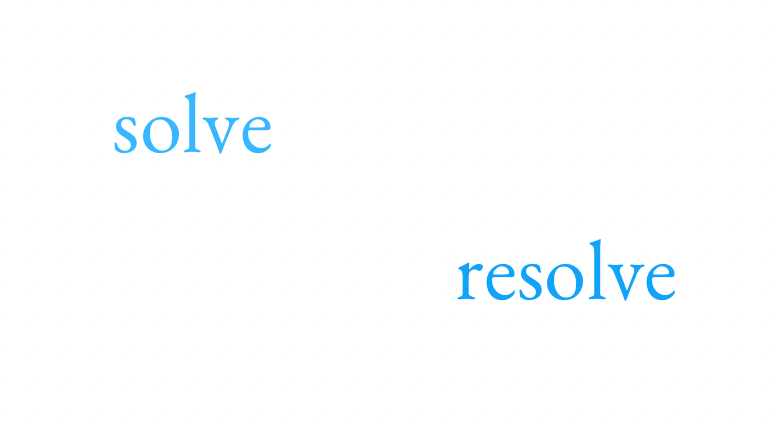
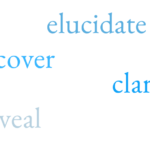
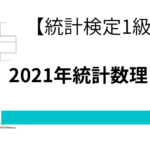
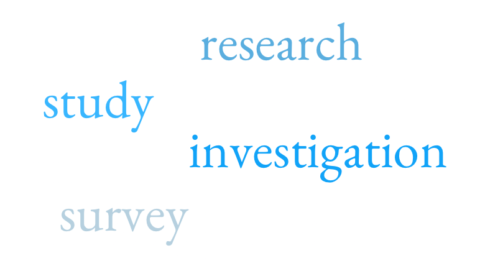
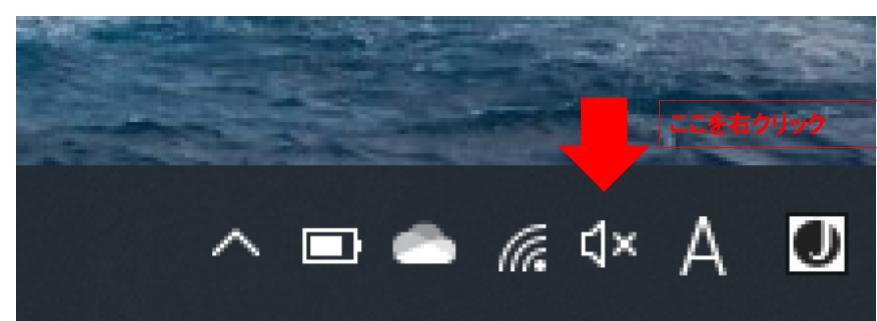


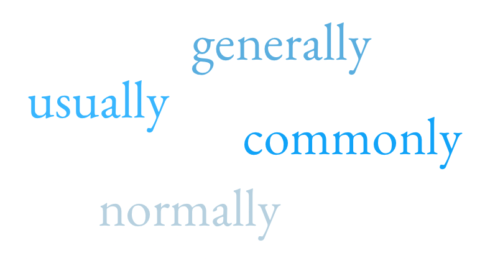
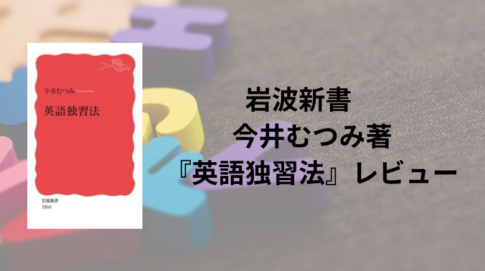
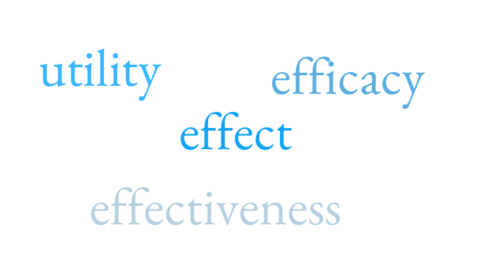
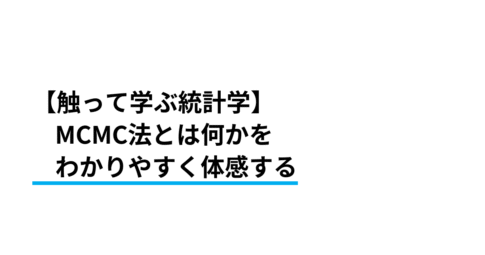
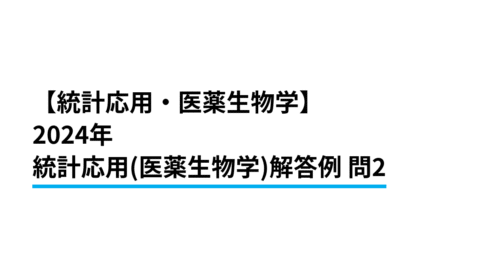
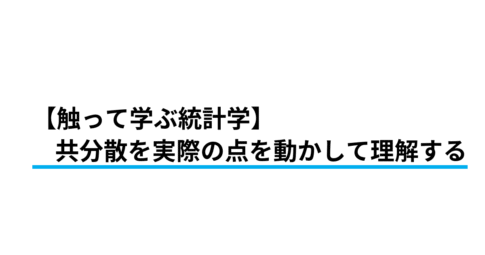
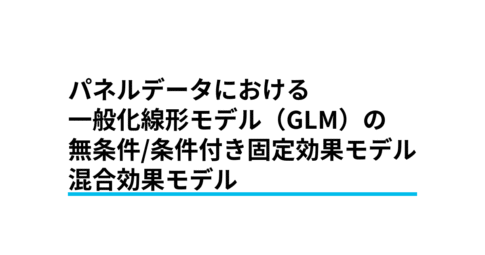
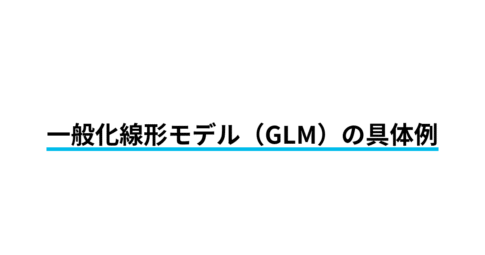
コメントを残す